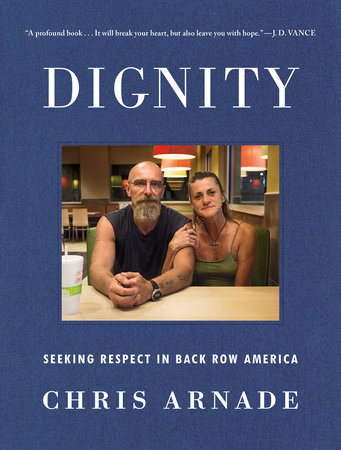(An archive post, from 11 years ago; a memoir of a California long-gone.)
I have a shoebox full of vintage postcards, collected in the Thirties by the invalid young son of Grandpa Jim’s employer. Among my favorite cards are those of places I knew, like the Devil’s Gate Dam, on the nebulous border between La Crescenta and Pasadena, with a Model-A Ford on the roadway atop the dam, and Mt. Wilson topped with snow in the background, and a view of the Arroyo Vista hotel, still a landmark in the days when Mom was driving us to Pasadena to visit the grandparents, but half a century past its Roaring Twenties prime.
My very favorite is a view again of Mt. Wilson and the San Bernardino range, edged with snow against a turquoise blue sky, and acres of orange groves covering the entire plain below, even up to the foothills. From the mountain peaks and ridges, an expert could deduce where that particular vista had been taken down for 3-penny posterity. The citrus groves were long gone from Pasadena when I was a child, nibbled away by suburbia, but pockets of hold-outs still held sway in back yards; Grannie Jessie and Grandpa Jim had an enormous lemon tree in their front yard, and a smaller orange tree along the driveway, shading the only place where JP and I were allowed to dig, and make mud pies amid the sweet scent of orange blossoms and the still-sweet moldy smell of the windfalls.
